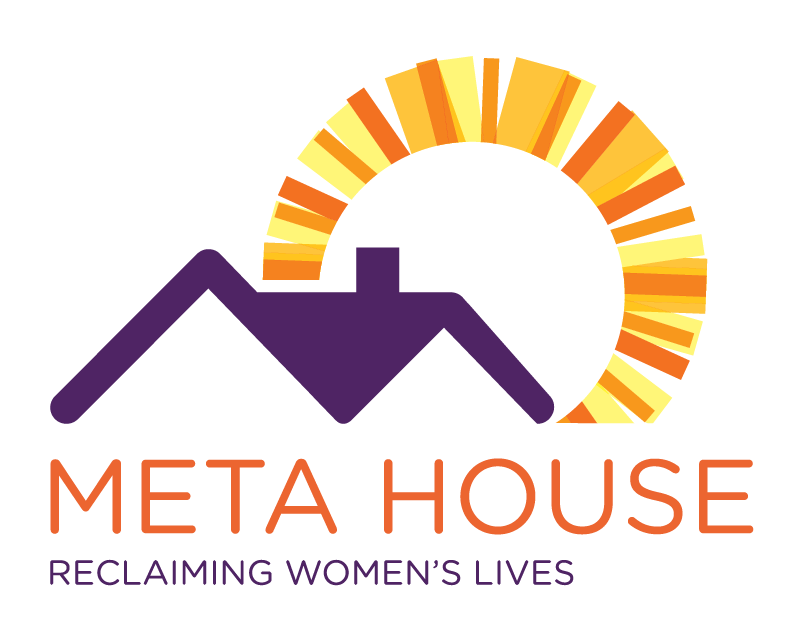A guide to coping skills
When it comes to recovery, there’s no one-size-fits-all program. We each have a unique set of coping skills that works for us, so it’s important, especially in early recovery, to expose ourselves to lots of different mantras and techniques until we know what resonates with us. Seeing this, we recently asked a number of clients and therapists in our program to share what coping mechanisms works best for them. Here’s what they said:
Be honest. Using caused me to be dishonest about a lot of things… I didn’t want to hurt my family by telling them what was really going on and I wasn’t ready to be honest with myself. What saves me now is honesty, and this program taught me how to be honest.
If nothing changes, nothing changes. In treatment, I’m re-learning a lot of things I learned years ago. Habits aren’t easy to break, but it’s necessary for me to get well. Branching off of that is another great coping skill: Expect change to feel uncomfortable. And it is, but it’s worth it.
Never give up. Nothing in recovery is easy, but it’s worth it. There are days I just wanted to give up and to use, but working through those difficult moments is really what shows me I’m strong enough to stay clean.
Be open to new ways of doing things. I decided to open myself up to new ideas and new suggestions. I was willing to do whatever I had to, even when I didn’t want to, and that’s made me stronger. I know in my heart I can do this now.
Put pride to the side. Recovery is a whole new lifestyle, so I have to put what I think I know to be fact and try out things other people suggest.
Set boundaries. In recovery, I’ve learned that, “no” can be a complete sentence. I learned I don’t have to explain it. I can just say “no.”
Pain shared is pain lessened. When I first started coming to treatment, I didn’t want to open up. I’d been through some really bad stuff that I was ashamed of and I didn’t want my peers to judge me. But through sharing my story, I’ve found healing.
HALT – Hungry, Angry, Lonely, Tired. Anytime I’m finding myself in a difficult situation, I ask myself first if I’m in a good state of mind to be making a decision. I’ve learned it’s okay to take some time to weigh my options, especially if I’m hungry, angry, lonely or tired.
Taking a bath. Especially for mothers, it calms me like nothing else to (ensure your child is in a safe place) close the door, light a candle and just breathe.
Meditation is what clears my mind the best. Repeating a mantra is especially helpful if I can’t get to a place where distracting thoughts stop entering my mind. I’ve been doing it for so long that I feel calmer just saying, ‘meditation.’
The process of reading helps distract my mind enough to get me to a place beyond the situation that was causing so much stress. Sometimes it takes a while to get there, but it works for me.
Using a stress ball. I don’t know what it is about the squishy-ness of stress balls, but it’s such a grounding and soothing activity. I keep a few around the house, one in my purse and one in my office.
Don’t be discouraged if you haven’t quite figured out what works for you. Recovery is a process and it frequently involves adjusting things when we’re not feeling our strongest. If you find that you can’t find something that works for you and you think you’d benefit from treatment, don’t hesitate to call the team at Meta House to learn what options are available to you.
